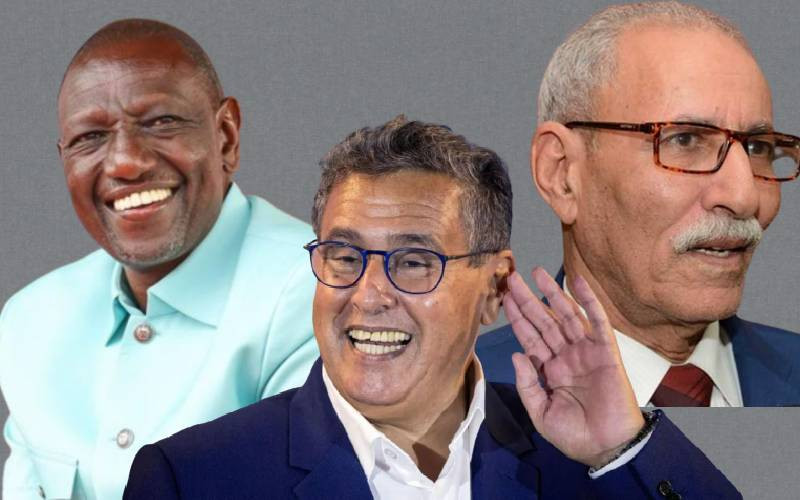×
The Standard e-Paper
Stay Informed, Even Offline

A compelling tale of diplomatic intrigue is set to unfold for the better part of the new week as the leaders of Kenya, Morocco, and the Sahrawi Arab Democratic Republic converge in Nairobi for the highly anticipated African Climate Summit.
The backdrop of this high-level gathering is a series of divergent foreign policy decisions and views that have left experts and observers speculating about the future of diplomatic relations in the region and the continent.